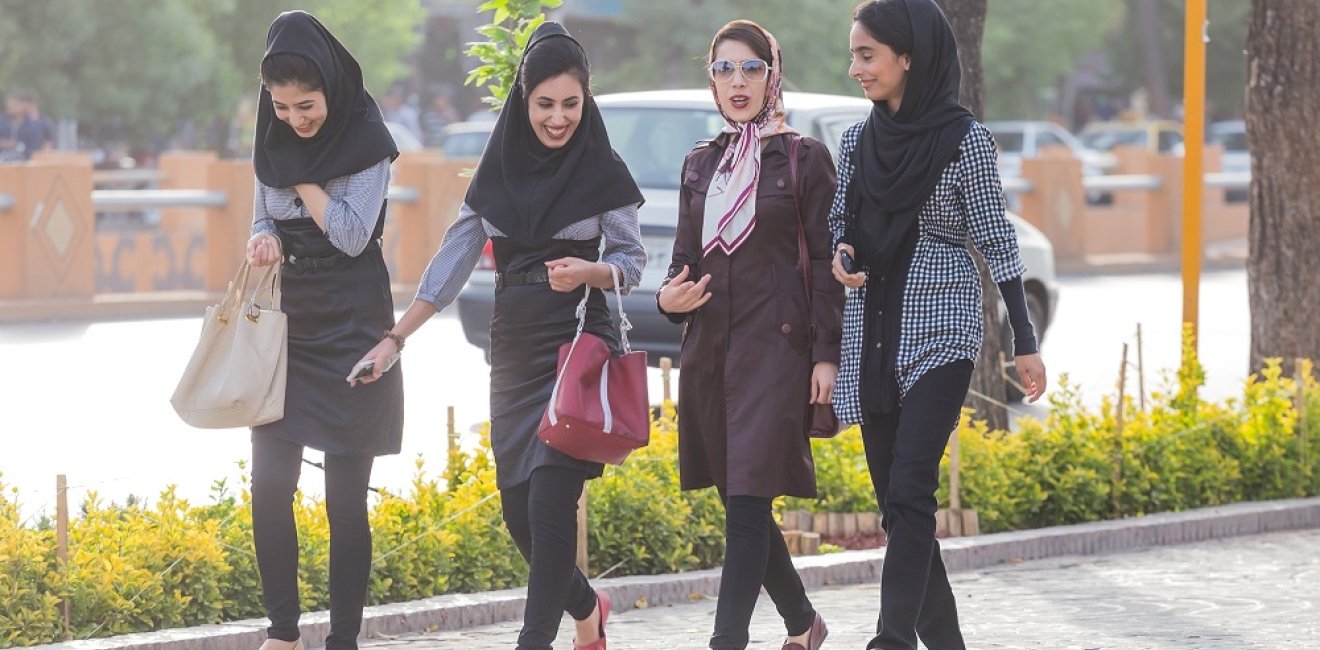
A blog of the Middle East Women's Initiative
The elimination of obstacles for women entrepreneurs will require significant cultural changes, as well as more funding opportunities and access to capital.
Gender inequality is one of the oldest forms of inequality. The Middle East and North Africa region (MENA) loses $575 billion every year due to the lack of female economic participation. The female unemployment rate in the region is 15.5 percent compared to 6.7 percent for men and almost three times higher than the world average. The gap in ownership of established businesses between men and women in MENA is more than 40 percent – the largest worldwide. According to the World Economic Forum Global Gender Gap Report 2021, the region will need 143 years to close the gender gap at its current rate of progress. Integrating more women into the region’s business landscape could help solve many of the region’s economic problems, such as creating jobs and economic wealth, and tackling existing inequalities.
With the growing recognition women entrepreneurs’ contribution to national development, there is a need to better understand their status in the region, especially in light of the existing gender gap. My PhD thesis examined the economic, social, financial, and legal circumstances of women entrepreneurs in the region, including the factors that either encourage or discourage women from starting their own businesses. I interviewed 129 women female entrepreneurs in 16 countries between 2018 and 2019 and divided the findings into four themes: cultural and social; training and networking; financial; and governmental and legal.
The cultures of MENA countries tend to impose conventional roles on women, who are expected to assume most, if not all, household and caregiving responsibilities. My research showed that this often makes it difficult for female entrepreneurs to balance their businesses with family obligations. 62 percent of participants said they faced pressure to find secure jobs or get married and focus on their families instead. They also said they felt men disliked or resented them because of their entrepreneurial activities and that people in general were skeptical of them and their businesses because they were women. Still, despite feeling unsupported, a majority said they felt more comfortable being an entrepreneur than an employee.
Despite the growing number of female entrepreneurs in the region, around 25 percent of the participants said they had difficulty networking because they perceived networking events as ‘old boys’ clubs. Many said they often felt uncomfortable at such events and had to worry about their reputations when meeting and connecting with men. However, contrary to other research, a majority of participants – 81 percent – said they felt they had the right skills to run and manage a business and credited their prior work experience for preparing them to lead their ventures.
One of the major problem female entrepreneurs in the region still face is access to capital and financial support. Around 60 percent of participants said they relied on savings as their primary or only source of capital. Their choice to self-fund was often due to more than a lack of access to capital – only 30 percent of participants believed that banks and other financial institutions in MENA lack specialized services for women entrepreneur to support them. 30 percent of participants said they felt uncomfortable and/or unfairly criticized when approaching banks for loans. Some participants were forced to take on a male partner in their venture because they lacked collateral (oftentimes due to discriminatory inheritance laws) and banks were more likely to give them loans with a male partner.
This, in turn, often forces women entrepreneurs into the service sector since such businesses usually have lower starting costs and often don’t require loans to launch. Many participants also said they had taken on a male partner because government institutions that issue business or other licenses viewed female entrepreneurs as less viable. Many participants also said they felt unsupported by their governments and mentioned they often had difficulty hiring staff due to restrictive government policies and they had limited access to information. Some also said their mobility was restricted due to fears for their physical safety, which hampered their ability to conduct business.
Still, some participants said they had noticed minor but marked improvements in social attitudes towards women earning money for the household over the past several years, even through entrepreneurial activities.
Before the 20th century, there was no genuine effort to study the status of working women or women entrepreneurs in the region. When I first started my research more than five years ago, there were few resources for female entrepreneurs in the region and even less data on the subject. There is now an abundance of resources, but still major gaps in accurate data. The growing role of women in economic development and societies across the region calls for further research into female entrepreneurship. The elimination of obstacles for women entrepreneurs will require significant cultural changes, as well as more funding opportunities and access to capital.
Author

Gender in Business Specialist

Middle East Program
The Wilson Center’s Middle East Program serves as a crucial resource for the policymaking community and beyond, providing analyses and research that helps inform US foreign policymaking, stimulates public debate, and expands knowledge about issues in the wider Middle East and North Africa (MENA) region. Read more


Middle East Women's Initiative
The Middle East Women's Initiative (MEWI) promotes the empowerment of women in the region through an open and inclusive dialogue with women leaders from the Middle East and continuous research. Read more

Explore More in Enheduanna
Browse Enheduanna
Women are the Catalysts for Change in Lebanon

How Education Can Empower Young Women in MENA


